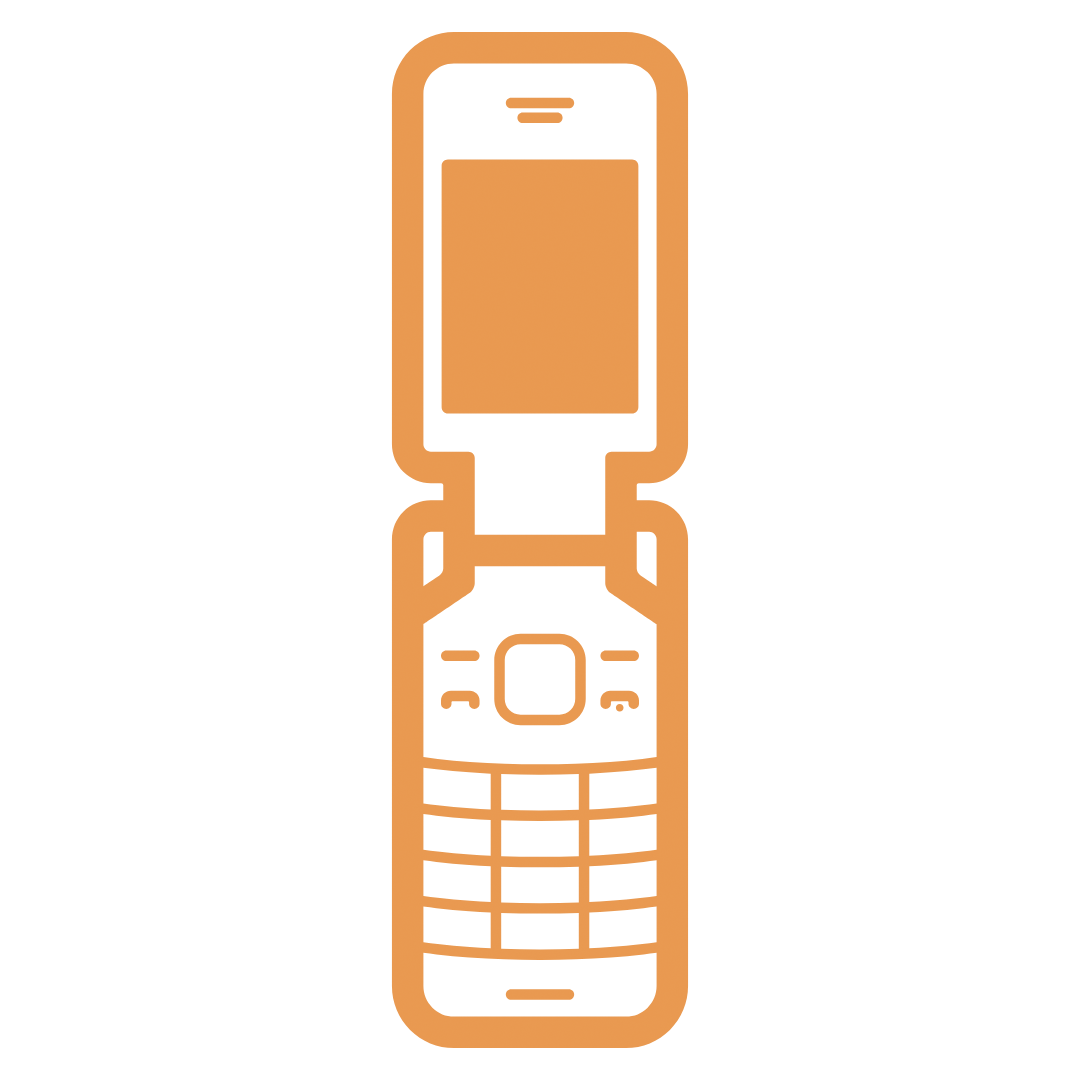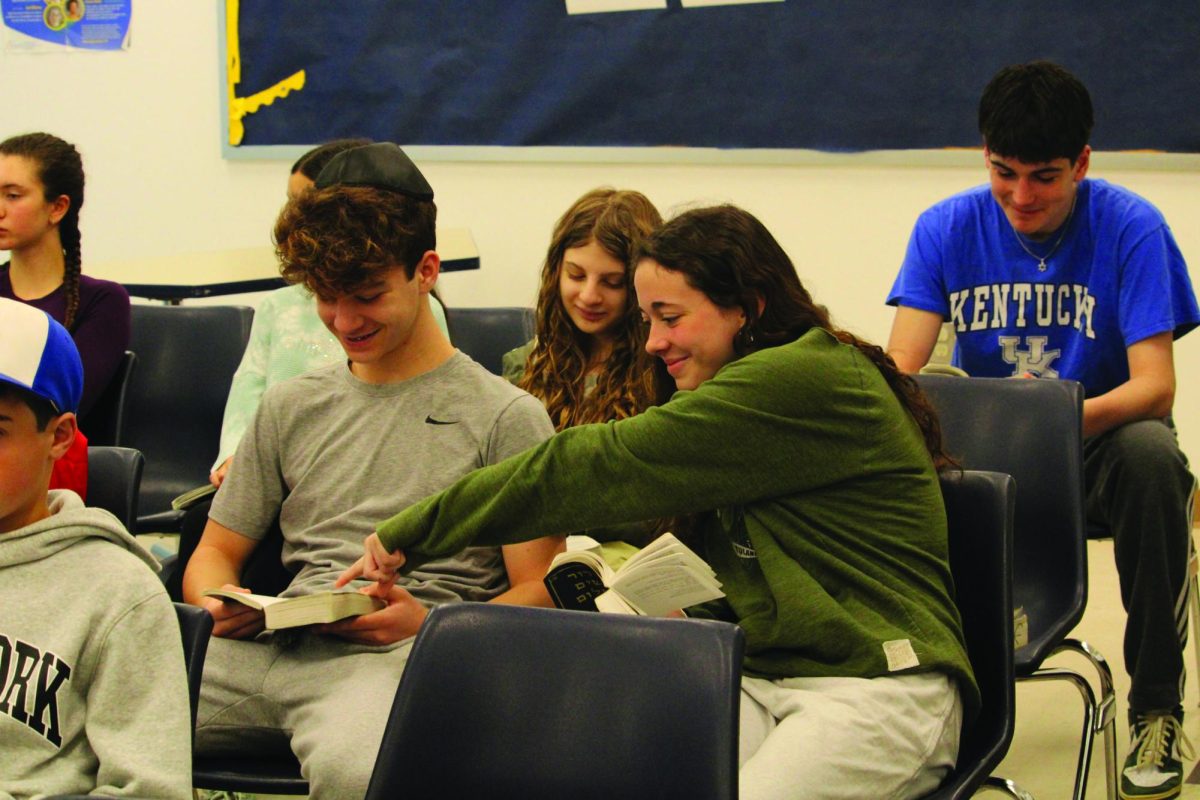While many of his peers spend their downtime scrolling aimlessly on their phones, senior Gus Bookbinder has made it a point to avoid screen time. Bookbinder’s commitment was exemplified last year when he decided to give up the modern smartphone and switch to a less common flip phone.
The idea came to Bookbinder as he was transitioning into his junior year, when he realized he was spending more time on social media than doing things he genuinely enjoyed, such as reading. After a month of deleting different social media apps one by one, Bookbinder decided to purchase his first flip phone.
“I have so much more time now,” Bookbinder said. “And I really thought I was going to miss the scrolling and the social media. [But], a week after I got rid of it, it was like it had never been there at all.”
Social pressure is one of the reasons Bookbinder had initially decided to download social media. With nearly all of his peers using apps like Instagram and Snapchat, it was easy for him to get lured into what he calls endless, unproductive scrolling. However, Bookbinder did not spend much time on these platforms before he deleted them.
Now that Bookbinder has stopped using social media, he isn’t disturbed by the fact that he isn’t “snapping” his friends or liking his classmate’s Instagram posts, and his friends aren’t bothered by it either. In fact, his peers are supportive of his decision and many even find it refreshing to see.
“I think it’s nice to see someone dissociating from digital technology,” senior Noam Klein said. “…I would never; I just like my phone too much. But it’s inspiring.”
Many of Bookbinder’s peers have been very accommodating of the fact that he no longer uses social media applications, and even put in more effort to ensure that he is informed on plans and get-togethers.
“So there’s tons of times where people will say, ‘Let’s set up a chat. How are we going to coordinate this with friends for school and for, work things?’” Bookbinder said, “And I have to say, ‘I can’t do it like this and you should text or email me any updates.’”
Just like his friends, Bookbinder’s family appreciates the switch that he has made and even expected it from him.
“It was not all that surprising,” Bookbinder’s mother, Annmarie Hart-Bookbinder, said. “Because Gus has always been his own person, and he’s always been willing to do what is meaningful and healthiest for him, regardless of what other people are doing or what the common path is.”
Although he is still unsure of what device he will use to communicate in the future, Bookbinder aims to carry on the value of a distraction-free life
“It is possible that I could get a smartphone framework, a dumb phone, they’re called,” Bookbinder said. “It doesn’t have social media, it just has calling and texting. So it’d be a screen-like scroll, but it wouldn’t actually have any social media and things like that. That might be a thing that I do but I won’t be getting a traditional smartphone again.”
While Bookbinder’s lifestyle may differ from the norm, it has been insightful to the people around him, allowing them to consider their own screen time and how that impacts their lifestyle.
“I think it has made us more mindful about, ‘Are there days that we really don’t need to have [smartphones] with us all the time? What are the things that we rely on it for? And are there other ways? [to occupy ourselves]’” Hart-Bookbinder said.








